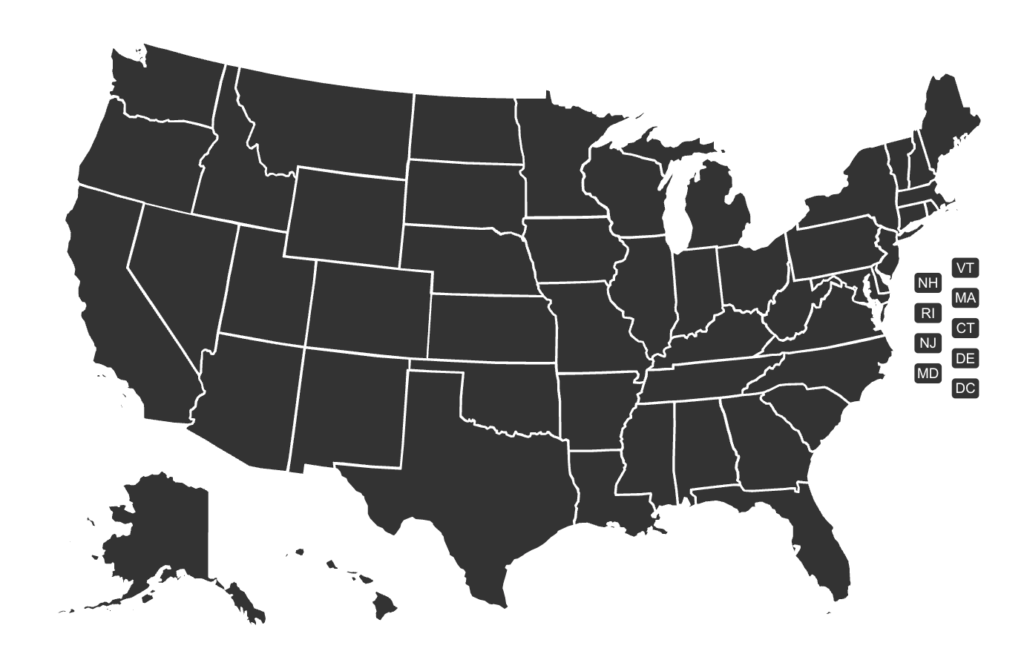How to Become a Nurse Practitioner
Online Requirements and How to Become a Nurse Practitioner
Many RNs in the United States wish to enroll in online specialty nurse practitioner (NP) programs to increase their employment options, the scope of practice, and salary. Online NP programs, in particular, can make this endeavor much easier for working RNs and those with families or otherwise busy schedules. All NP students must hold a current, unencumbered license as a registered nurse (RN) before applying to a particular university or online nurse practitioner program. Prospective students must also comply with all pre-requisite requirements and professional requirements.
How to Enroll in an Online Nurse Practitioner Program
Some considerations before enrolling in an online Nurse Practitioner program include the cost of tuition per credit hour or course, the length of a particular program, and the attributes of the nurse practitioner program offered by the school. Students must also decide if they want to pursue a Master's of Science in Nursing (MSN), a Post-Master’s Certificate (for RNs who already hold an MSN degree), or a Doctor of Nursing Practice (DNP). Each of these pathways can lead to a nurse practitioner specialty degree, but require different time commitments and prerequisites, so nurses should consider their long-term career goals before deciding on the degree level they wish to obtain.
Another important element of enrolling in an online nurse practitioner program is making sure that you comply with all state requirements and admissions requirements for your university of choice, including the requirements of the specific nurse practitioner program you wish to enroll in.
Step 1: Admissions Requirements
Nurses must meet all admissions requirements before enrolling in an online nurse practitioner program. Schools will often have prospective students apply to the school, and then to their NP program of choice.
While admissions requirements will vary based on state, school, degree level, and other factors, most requirements for online NP programs include the following:
- Proof of BSN or MSN degree completion from an accredited school (submission of transcripts)
- Minimum of at least one year of full-time clinical experience as a registered nurse
- Minimum of 3.0 GPA on 4.0 scale
- Active, unencumbered licensure as an RN
- Professional letters of recommendation
- Essay or other personal statement may be required
Step 2: Find an Accredited Online Nurse Practitioner Program
Completing a non-accredited program means that you will not meet the requirements for nurse practitioner licensure in any state. Furthermore, nurses who complete a program that is not properly accredited will likely not be able to find work, even upon nurse practitioner program completion. The bottom line is that it's just not worth the risk to enroll in an online NP program that does not have proper accreditation.
Nurse practitioner programs throughout the U.S. are typically accredited by the Commission on Collegiate Nursing Education (CCNE) or the Accreditation Commission for Education in Nursing (ACEN).
Online Nurse Practitioner Programs by State
To see online nurse practitioner program options near you, select your state below. Find more information about degree levels and specialty availability.

- Alabama
- Alaska
- Arizona
- Arkansas
- California
- Colorado
- Connecticut
- Delaware
- Washington, DC
- Florida
- Georgia
- Hawaii
- Idaho
- Illinois
- Indiana
- Iowa
- Kansas
- Kentucky
- Louisiana
- Maine
- Maryland
- Massachusetts
- Michigan
- Minnesota
- Mississippi
- Missouri
- Montana
- Nebraska
- Nevada
- New Hampshire
- New Jersey
- New Mexico
- New York
- North Carolina
- North Dakota
- Ohio
- Oklahoma
- Oregon
- Pennsylvania
- Rhode Island
- South Carolina
- South Dakota
- Tennessee
- Texas
- Utah
- Vermont
- Virginia
- Washington
- West Virginia
- Wisconsin
- Wyoming
Step 3: Nurse Practitioner Specialty Tracks and Online Curriculum
There are several specialty tracks available for nurse practitioners to focus on the area of care that they have a passion for. The following are the most popular NP specializations:
- Acute Care Nurse Practitioner
- Adult-Gerontology Nurse Practitioner
- Cardiology Nurse Practitioner
- Critical Care Nurse Practitioner
- Dermatology Nurse Practitioner
- Emergency Nurse Practitioner
- Family Nurse Practitioner
- Forensic Nurse Practitioner
- Functional Medicine Nurse Practitioner
- Holistic Nurse Practitioner
- Neonatal Nurse Practitioner
- Occupational Health Nurse Practitioner
- Oncology Nurse Practitioner
- Orthopedic Nurse Practitioner
- Palliative Care Nurse Practitioner
- Pediatric Nurse Practitioner
- Psychiatric-Mental Health Nurse Practitioner
- Public Health Nurse Practitioner
- Surgical Nurse Practitioner
- Trauma Nurse Practitioner
- Women’s Health Nurse Practitioner
While most online programs are offered in an entirely web-based format (with the exception of clinical requirements), some NP programs are offered in a hybrid format. This means that there are some limited face-to-face requirements. Most course requirements are still completed online.
Online coursework for nurse practitioner programs will vary based on the specialty track chosen and the degree level. However, almost all NP programs will require the following courses (often referred to as the "3 P's"):
- Advanced Physical/Health Assessment
- Advanced Pathophysiology
- Advanced Pharmacology
Step 4: Scheduling Options
Scheduling options refer to the ability to complete a program in the format that a nurse needs or prefers, and whether there is flexibility in the delivery of the course. Some students need part-time program options, while other nurses are able to complete a full-time program.
The advantage of enrolling in an online nurse practitioner program includes the flexibility of moving through coursework. Most programs allow students to study on their own time and to fit courses in when it's convenient. Occasionally, courses will be delivered in asynchronous format, where students and instructors are online at the same time. Many programs contain a mix of synchronous and asynchronous online courses.
Step 5: Licensing and Certifications
Licensing for nurse practitioners takes place at the state level and signifies that the NP is legally allowed to practice within that state. Each state's Board of Nursing will have specific requirements for becoming licensed as an NP and maintaining that license.
Certification happens at the NP specialty level and typically requires passing an examination. For example, upon completing a Pediatric Nurse Practitioner program, a student would want to take the Certified Pediatric Nurse Practitioner (CPNP) exam through the Pediatric Nursing Certification Board. Check with the American Association of Nurse Practitioners (AANP) or the American Nurses Credentialing Center (ANCC) for more NP credentialing information.

